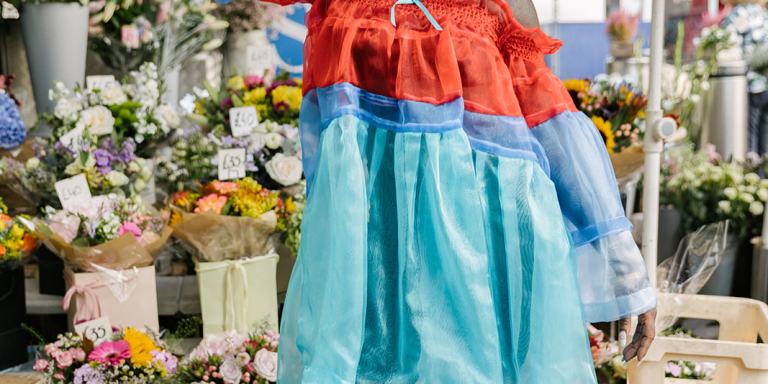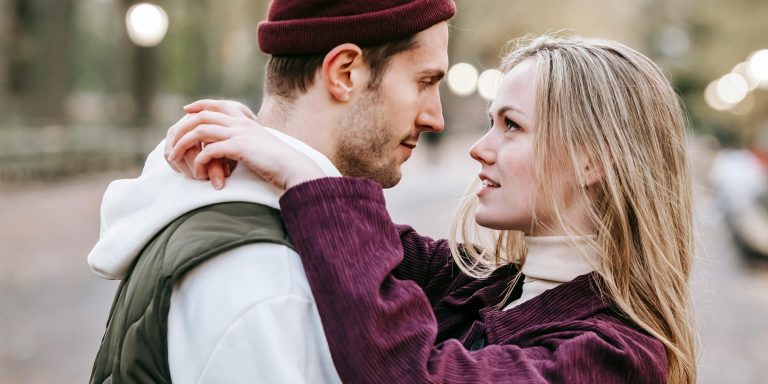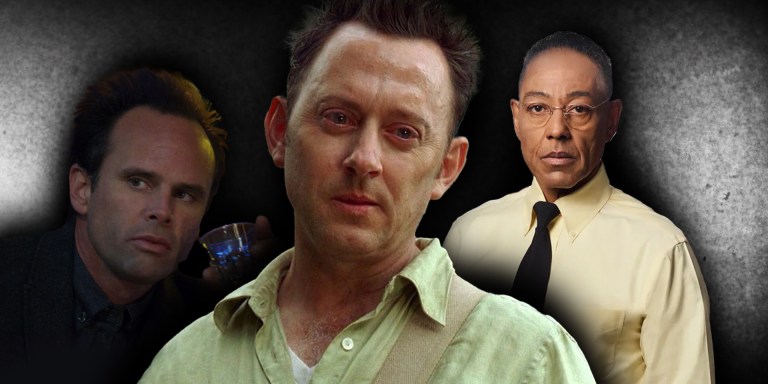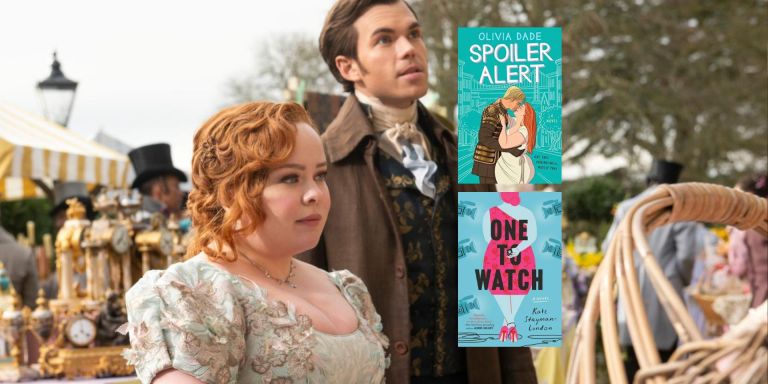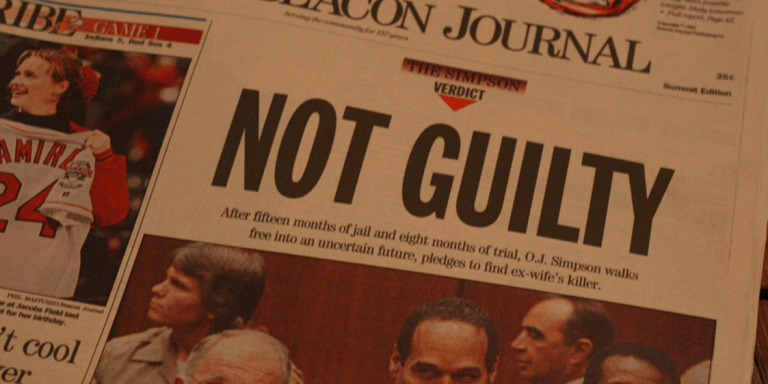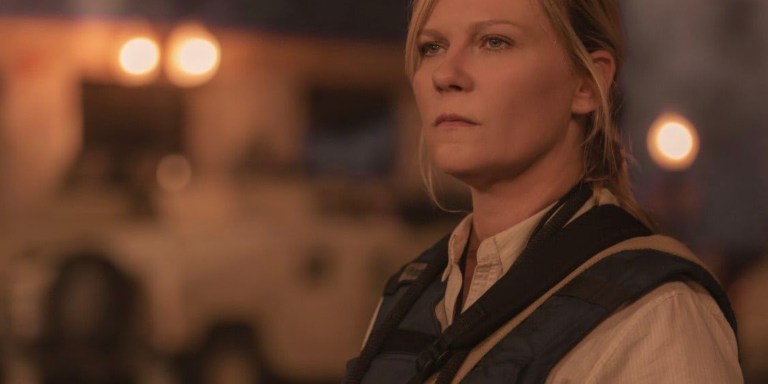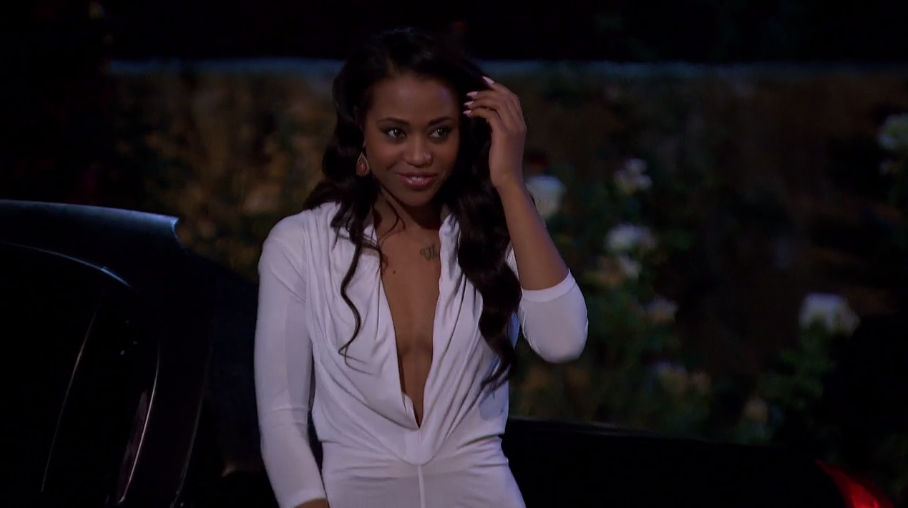
The TV Show, The Bachelor, premiered on March 25, 2002. That is almost 16 years of watching men and women go through a unique dating and engagement process. (A year later, the spin-off, The Bachelorette, would have its own debut.) Pleasantries aside, that is 16 years of viewers across the country and around the world watching what is an arguably cringeworthy dating experience.
For all those who are lucky enough to not know anything about the TV show, I’m about to ruin that for you. On The Bachelor, one lucky man gets to meet 25 women and date them. The catch is, from the first night, he has to send some women home during what is called a “rose ceremony.” In said rose ceremony that takes place weekly, the bachelor gives roses to the women he wants to continue to get to know better, in what is truly an eye-roll worthy five minutes of “reality” television.
The bachelor lives out many a guy’s fantasy by dating multiple women at the same time. (The reverse is true on The Bachelorette – one woman gets to date multiple men.) Eventually two women are left at the end. The bachelor picks and may propose to one of them, while the other one is sent home in a limo, usually in tears. Of course this is television so the process is filled with one-on-one dates, group dates (more than one woman goes on a date with the bachelor), twists and turns, and drama, drama, drama!
![]()
I’ll admit to having watched The Bachelor as a teenager. I also partially followed one season in college and one season in the year after college before I thoroughly outgrew the show. Moreover, as I became more “woke,” as they say, I was consuming less and less media where I didn’t see girls who looked like me – black girls.
The Bachelor is not exactly known for its diversity; in fact, there have been continuous call-outs of the show’s lack of representation for black and Latina women especially. This is less so for Asian women as a few have “gone far” and have even “won,” which may represent more than just two people falling in love, but also the highly visible interracial relationship pairing in America’s contemporary dating dynamics. (Asian women and white men) Of course this means the bachelor on The Bachelor is always white. (So is the bachelorette on The Bachelorette.)
Still, a co-worker/friend insisted that I give this season a try because I might want to analyze and write about the racial dynamics. So I went ahead and started to watch this season’s The Bachelor for the sake of social science. I won’t lie – I was intrigued. Usually the black women are gone by the second week, and according to Fusion’s detailed analysis of all black women since the show’s debut, no black woman has made it past week five. The show lasts for approximately ten weeks, and one episode is a return of all the rejected women. Do the math – black women are not seen for about half of each season.
But this time, there was a candle light of hope. The bachelor this season, Ben – a seemingly good-hearted 26-year-old white man from Indiana – kept some black women around for some weeks. (Certainly longer than most viewers have come to expect.) But most importantly, there was one black woman who seemed to have grabbed Ben’s attention and the attention of viewers alike. Her name is Jubilee.
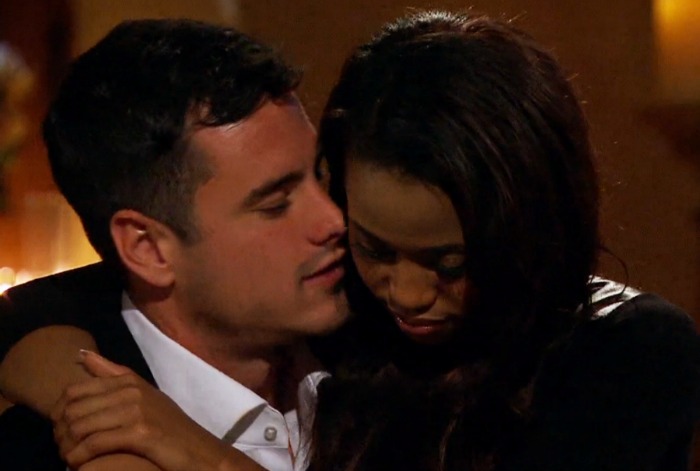
Jubilee is a Haitian-born American war veteran with a heartbreaking family background story that captured many hearts, and seemingly for a time, Ben’s heart too. Quite early on in the season, Jubilee is picked for a one-on-one date where admittedly the girl’s “awkward” personality is undeniable. But she is also charming and endearing.
On the date, Jubilee reveals to Ben that as a young child, her whole family died in a fire and she was the only survivor. Cameras and reality television and all, on this date, there is a moment shared where you can see his admiration of her, in his eyes. In her eyes, you see the beautiful vulnerability that exists in a woman who gives a little bit of herself to someone.
As a black girl who is unashamed in my support of black girls, from the vital to the banal, I was in full-force, “Jubilee and Ben” rooting mode. After this date, many viewers also fell in love with Jubilee.
But this is the United States and planet earth, and race always matters, even when it is not always explicitly mentioned. Even prior to their date, Jubilee had used many code words for saying she didn’t think Ben would like her. That she’s “too complicated.” That Ben wants “bubbly girls.” That she “might not be his type.” Also known as what almost every black girl (who is not Beyoncé) has thought about a white guy (or for that matter any guy, including black guys) she might be interested in: “he might not be into me because I’m black.”
Throughout the season, racially coded sentiments are directed at Jubilee, including and especially “strong,” as opposed to the usual “beautiful,” that are used to describe other women. There is also an uncomfortable ganging up of Jubilee by women in the house. She is described as “separating” herself. At one point, one woman in her personal camera interview discusses Jubilee, and how she’s probably not right for the bachelor, as, “Ben wants a wife that would get along with all the other soccer moms.” Because obviously black women (like Jubilee) are not what comes to mind when one thinks, “soccer moms.”
Nonetheless, Jubilee’s stay on The Bachelor came to an end this Monday when she is seen as “holding back” from Ben. (The Week 5 rule is maintained.) On a group date when she spends alone time with him, she tries to explain that she only comes off as closed off and insecure because seeing him connect with other women is uncomfortable. All things considered, this is a pretty sane way to feel.
Jubilee then asks Ben if he still feels the same way about her, as he did after their amazing one-on-one date. He responds, “Given everything that has happened, no.” Unexpectedly, she leaves the show after that date. In her personal interview, she cries and talks about how she would have loved him unconditionally, and how she feels unlovable. It was hard to watch.
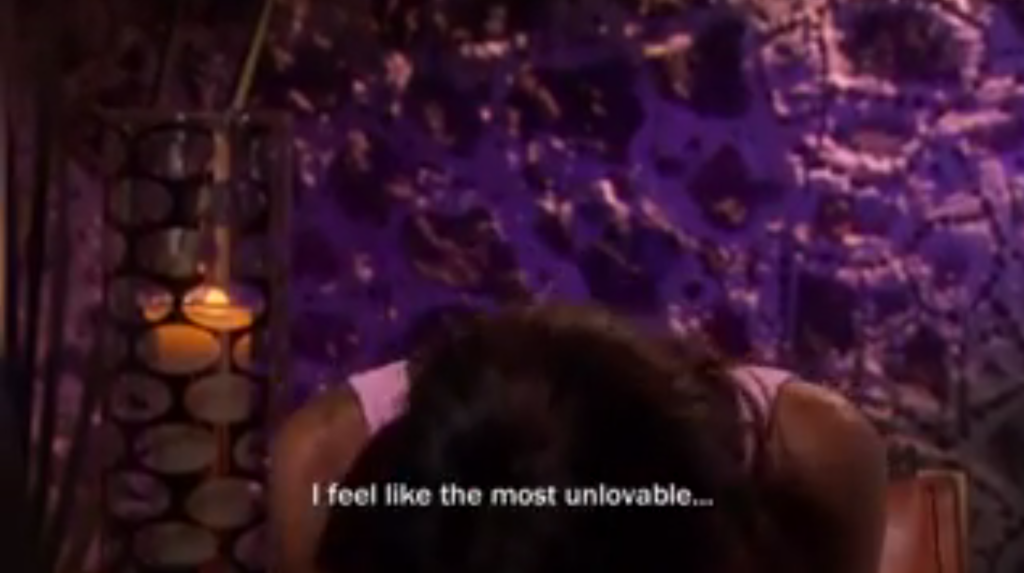
Dating is hard. Falling for someone is nerve wrecking. Doing both on a TV show, even with all the editing and sometimes triteness that comes with the show, is something that requires a certain kind of courage. Add race to the matter, and the conversation becomes more complex. Especially on a show like The Bachelor where the diversity issues are glaring.
It might be unfair to say that Ben didn’t want Jubilee in the end, because she was black. Clearly, there was something there, and especially in the beginning. But Jubilee’s reservations and questioning and pulling back is not unwarranted. She is a black woman in America in a typically white space – The Bachelor – and given the extra dynamic of her childhood, of course she is cautious. Her complexity was what Ben claimed to be attracted to, but in the end, it is fair to say that that same complexity is what Ben could not quite grasp, and maybe eventually, could not have truly loved.
Any black woman who finds herself in white spaces like Jubilee easily empathizes with her. What group of women are seen as the most “desirable” women in the United States? Bubbly, “uncomplicated,” pretty, white girls. (There’s probably a “cool” missing from that description as well.) This is not to say that black women can’t be any of those adjectives – with the exception of “white” of course. But black women have the added stereotype of immediately not being seen as those things anyway. Moreover, there simply are additional complexities of being a black woman in the world that white women don’t have. Black women bring those complexities into relationships, whoever they date, but especially when they are in relationships with white men.
Do you really want to know the reality of dating, and especially dating interracially in the United States as a black girl? We are all Jubilee. (Maybe not all of us, but a good portion of us.) We think a guy might not be interested because we’re black. (Again, even if he is black sometimes, but especially when he’s not black, and definitely when he’s white.) And then when he shows interest, we hold back because we think he may eventually end up with one of those “soccer moms that gets along with all the other soccer moms,” we’ve heard about. In the event we get past that, we then might go through the mental gymnastics of when to bring up anything to do with race.
Chimamanda Adichie perfectly sums it up in Americanah:
“When you are black in America and you fall in love with a white person, race doesn’t matter when you’re alone together because it’s just you and your love. But the minute you step outside, race matters. But we don’t talk about it. We don’t even tell our white partners the small things that piss us off and the things we wish they understood better, because we’re worried they will say we’re overreacting, or we’re being too sensitive. And we don’t want them to say, ‘Look how far we’ve come, just forty years ago it would have been illegal for us to even be a couple,’ blah blah blah, because you know what we’re thinking when they say that? We’re thinking why the fuck should it ever have been illegal anyway? But we don’t say any of this stuff. We let it pile up inside our heads and when we come to nice liberal dinners like this, we say that race doesn’t matter because that’s what we’re supposed to say, to keep our nice liberal friends comfortable. It’s true. I speak from experience.”
![]()
No one wants his or her love to be a political act. Yet race is one of many factors that might make it so in societal scrutiny. People will swear up and down about preferences and individual choices, but none of those things exist in a vacuum. Black women especially know this to be true. Jubilee perhaps knew this too, regardless of how she felt about Ben. Maybe the dynamic will turn on its head if Jubilee is the next bachelorette in The Bachelorette as some viewers are hoping. (If this happens, I will also be watching for socio-scientific purposes of course.)
In The Bachelor this season, we see two specific people with two specific stories and a failed attempt at a relationship, and yes, an interracial relationship, and in a unique setting. But in some ways, we witness a microcosm of interracial dating’s dynamics where black women and white men are paired. (Interestingly, for all the difficulties in courting, in consideration of racial dynamics and overcoming societal scrutiny and racial stereotypes, black women and white men pairings have some of the lowest rates of divorce.)
As a black woman, I can’t help but see myself in Jubilee in ways that are not just skin-deep, and the shared experiences that come with race and color. Her struggle with vulnerability, the fear of being too complex, and an “un-bubbly” personality, form a perception as being one of those difficult-to-love women. But in the wise words of Warsan Shire’s poetry, dedicated to such women, “You are terrifying and strange and beautiful. Something not everyone knows how to love.” I hope all the Jubilees of the world know this, and believe it. ![]()
